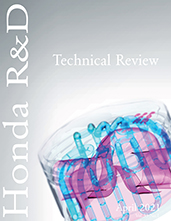Training / Education
Application Development of Electric Vehicles and Hybrid Electric Vehicles Balancing Economic Objectives and Technical Requirements
This course is offered in China only and presented in Mandarin Chinese. The course materials are bilingual (English and Chinese). More and more stringent emission and fuel consumption regulations are pushing the automotive industry toward electrified powertrain and electrified vehicles. This is particularly evident in China, where there is an increased demand for (EV) and (HEV). Infrastructure is being built across the country for convenient charging. It must now be determined how to meet the technical targets for EV/HEV regulations under economic constraints and how to best develop the major ePowertrain components (battery and motor).

